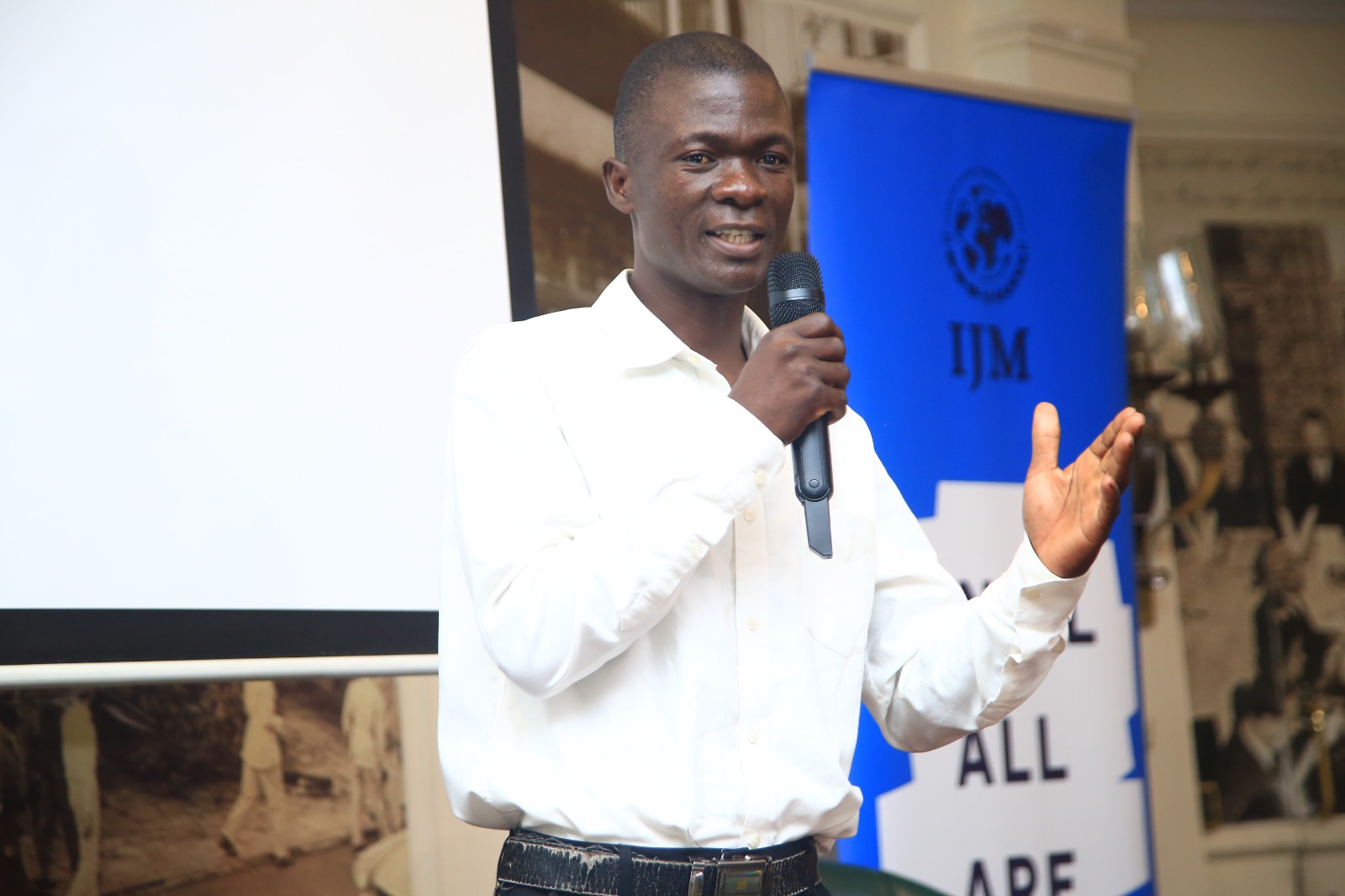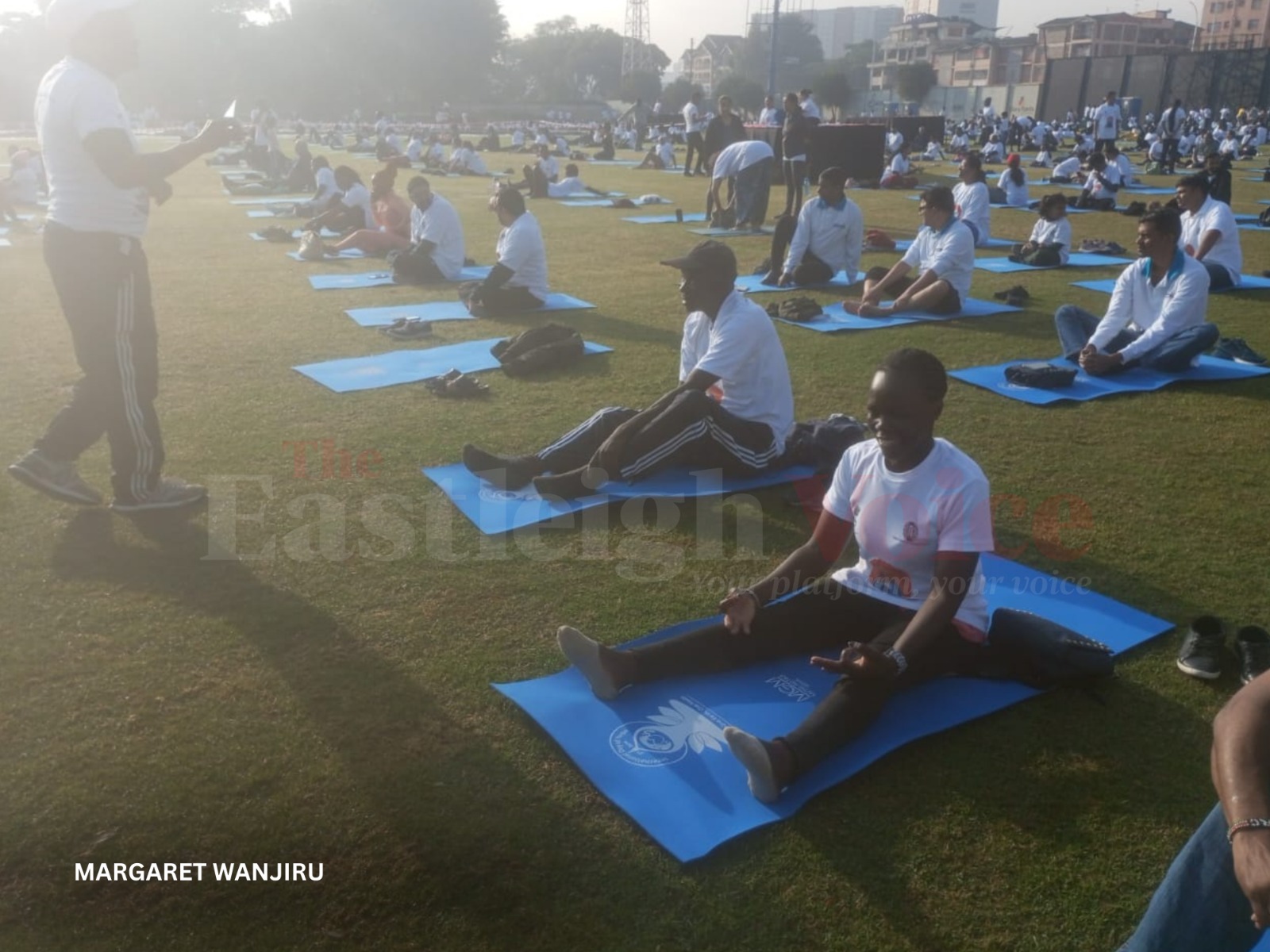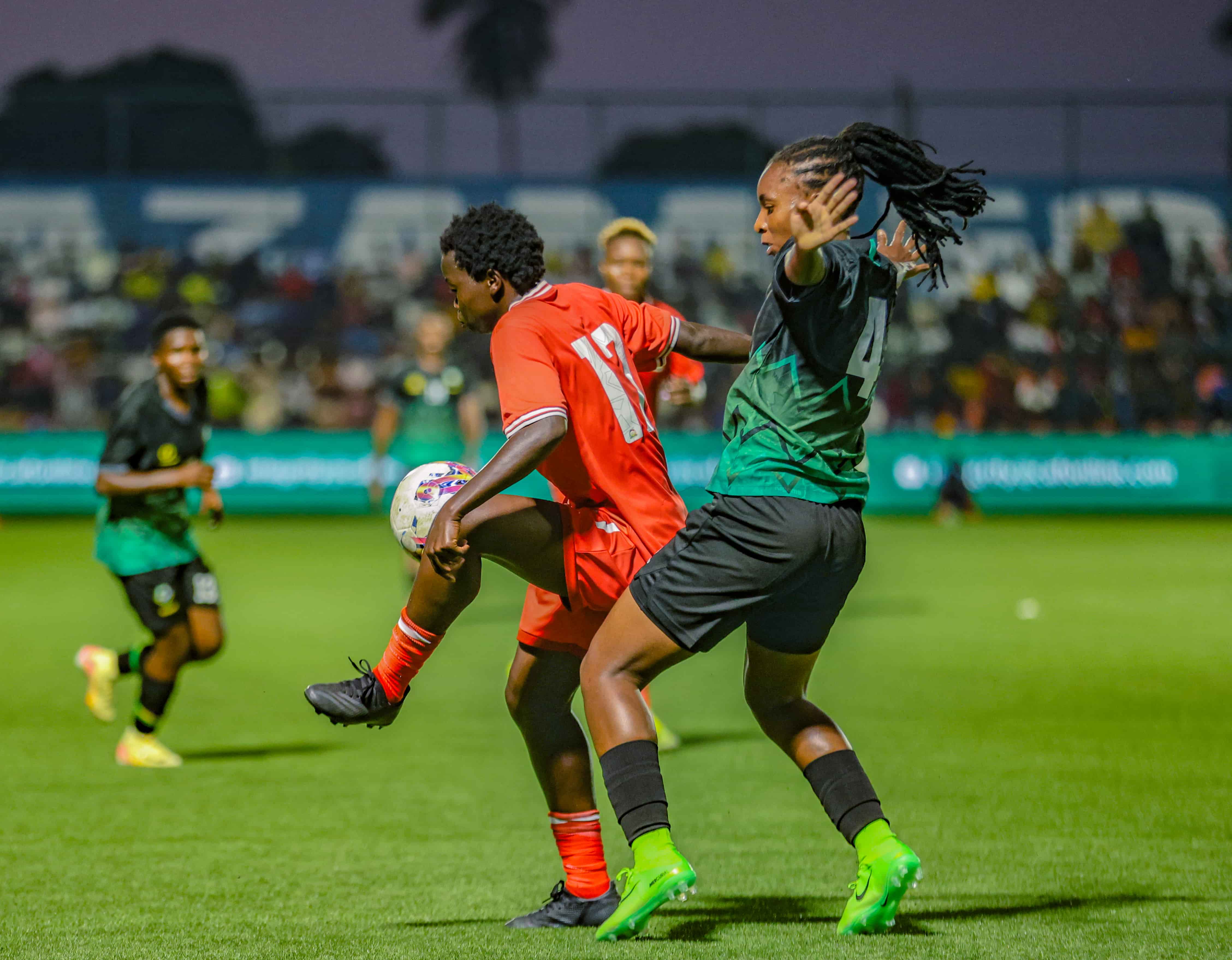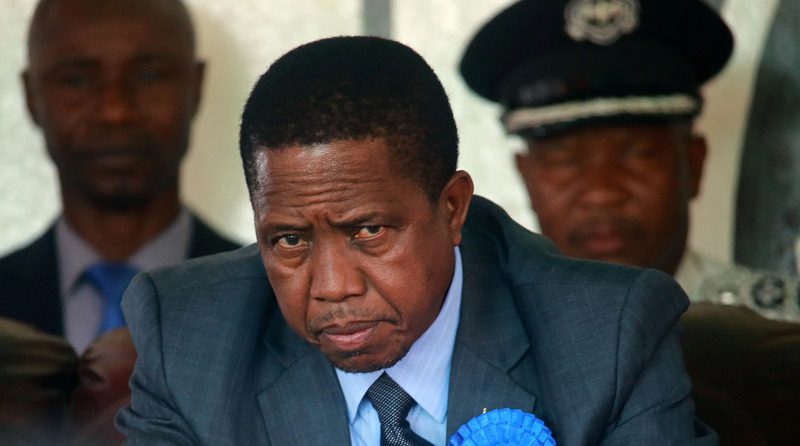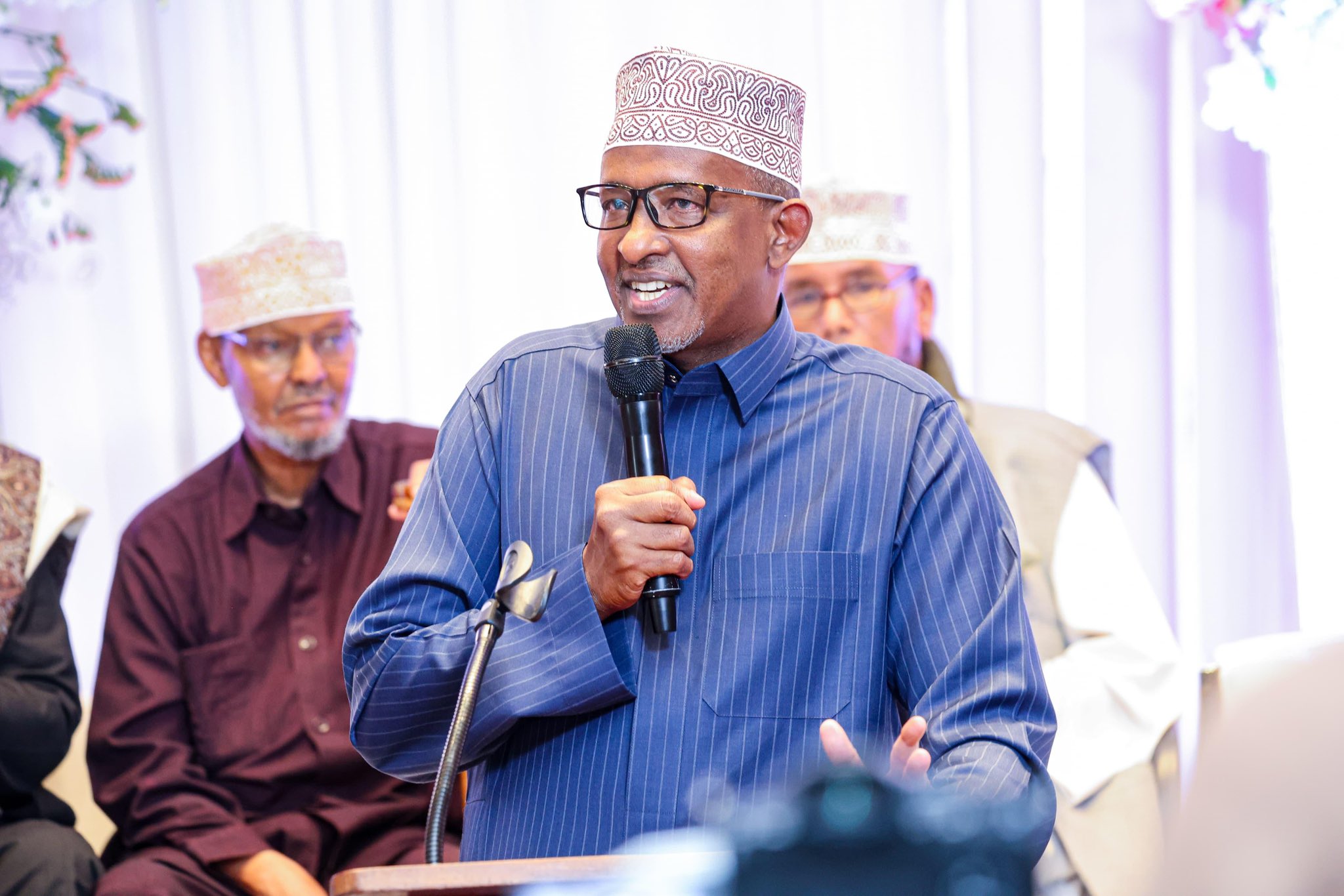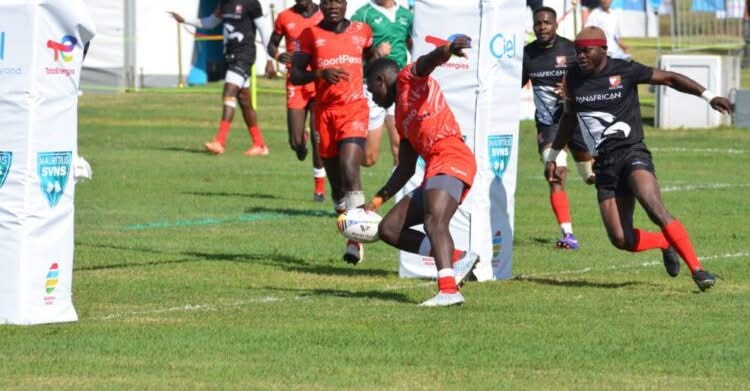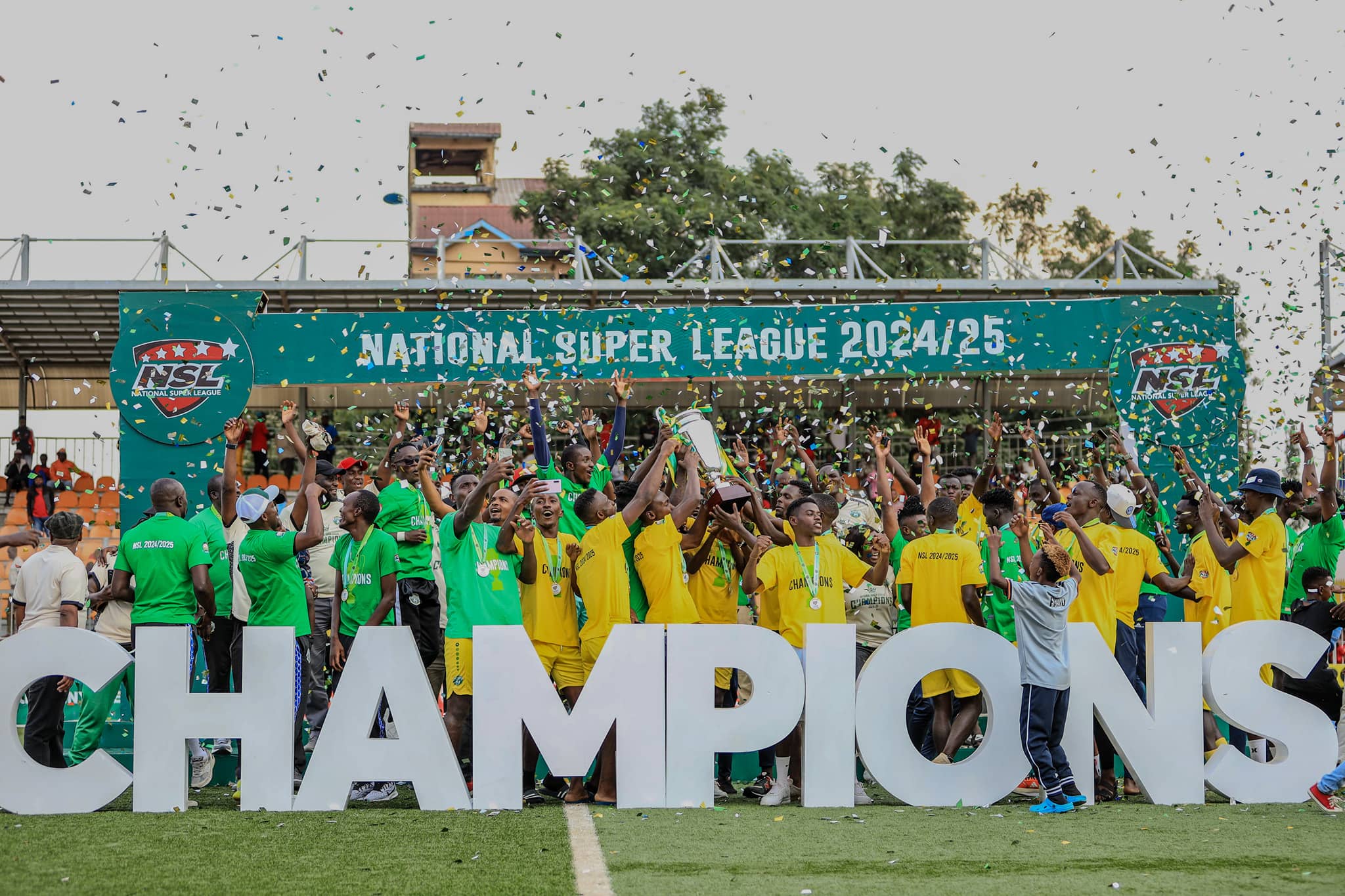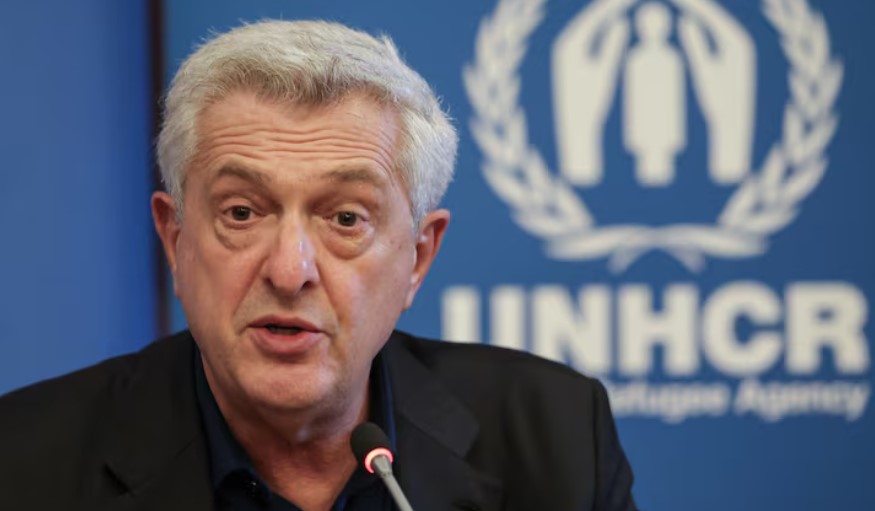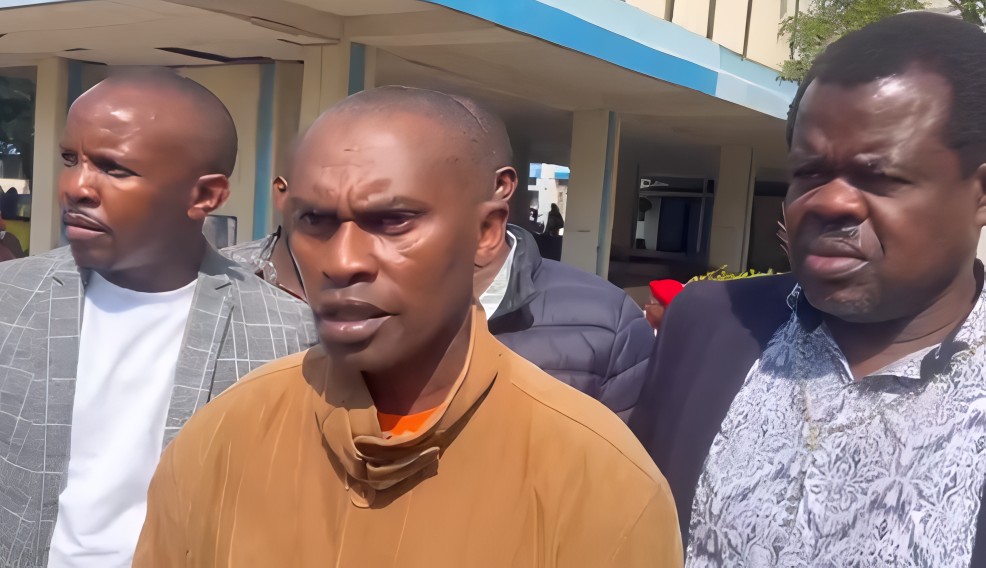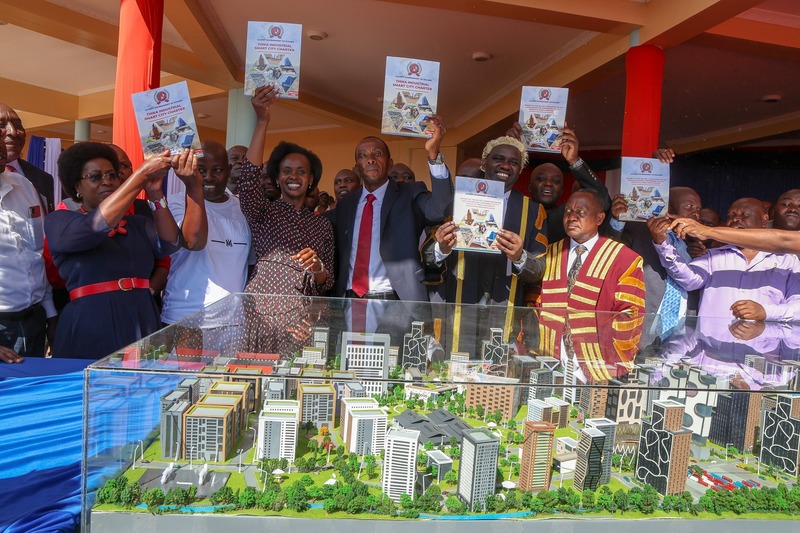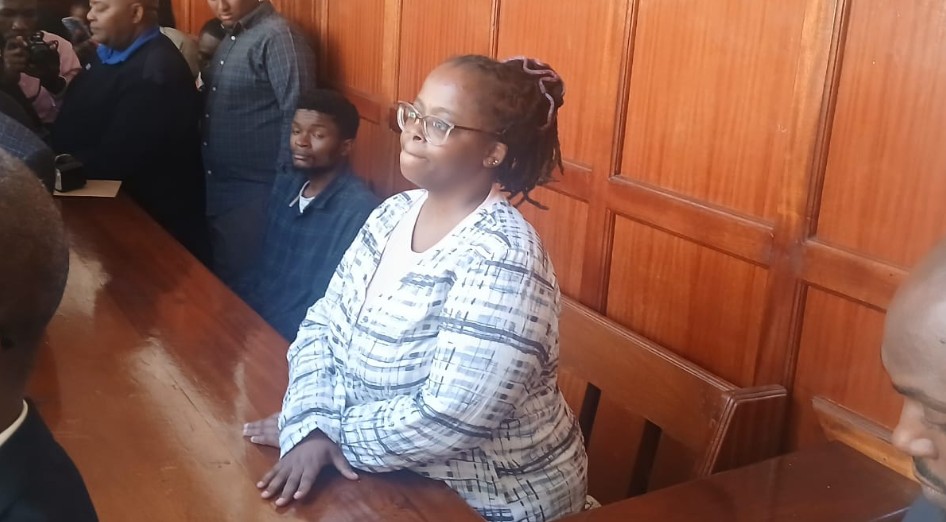Rights groups demand justice, not apologies, over Ojwang's death in police custody
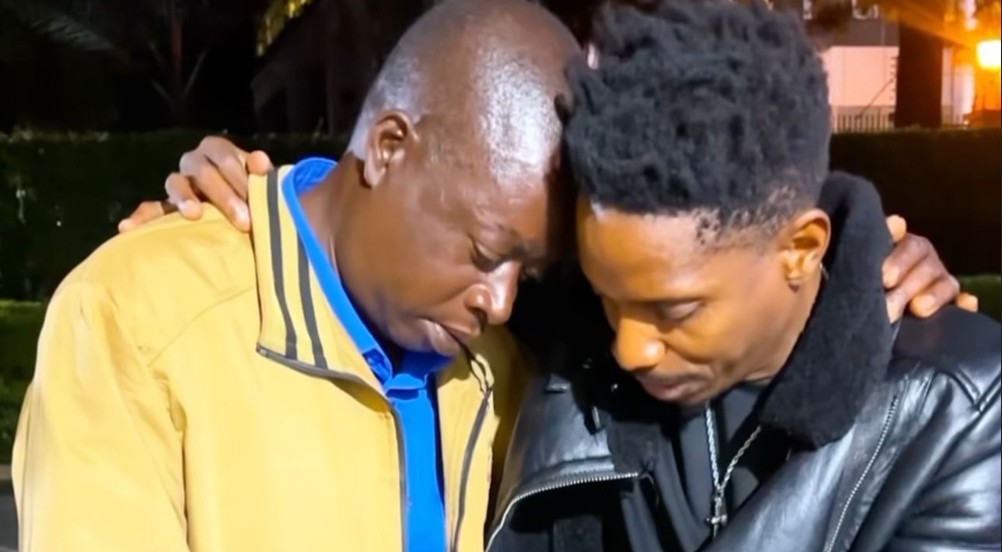
Human rights organisations now say Ojwang's death was not accidental but the result of torture inflicted by officers.
Human rights groups have criticised the government for issuing repeated press statements rather than taking concrete action over the death of teacher and blogger Albert Ojwang in police custody.
The activists have warned the government against shielding officers involved in extrajudicial killings and demanded prosecutions rather than “speeches and apologies.”
More To Read
- Collins Ouma: How guard who faced wrongful arrest, police brutality ended up getting justice after 12 years
- Israel 'in breach' of EU's human rights obligations, foreign policy arm says
- IPOA responds to claims of mishandled evidence in Albert Ojwang's murder probe
- Court orders DCI to probe use of Talaam’s phone to solicit money while in IPOA custody
- Constable James Mukhwana remanded for 21 days pending investigations into Albert Ojwang's murder
- Activists propose arrest powers for IPOA amid rising cases of police brutality
Ojwang, a 31-year-old teacher, blogger, father and son, was arrested on vague accusations and later found dead inside a cell at Nairobi Central Police Station on June 8. He had reportedly posted corruption claims against Deputy Inspector General of Police Eliud Lagat.
Human rights organisations now say his death was not accidental but the result of torture inflicted by officers.
Muslims for Human Rights (MUHURI) criticised the police for attempting to mislead the public with a false account that Ojwang “hit his head” against a wall, while the post-mortem findings tell a different story.
“The post-mortem findings speak louder than the police’s hollow denials. Frontal brain bleeding. Neck injuries. Multiple bruises. These are not the wounds of a man who ended his own life. These are the wounds of a man who had no choice in how his life ended,” MUHURI said.
“A government that swore to protect life is now in the business of extinguishing it. Quietly, illegally, and systematically.”
History of extrajudicial killings
The group described the case as part of a wider crisis, citing a long history of extrajudicial killings and enforced disappearances across the country.
“This is about a country where the law is followed only when it suits those in uniform and discarded when it threatens power. This is about a system that allows officers of the state to become judges, jury, and executioners. This is about every Kenyan who has disappeared after being picked up by men in unmarked cars,” MUHURI said.
“Everybody dumped on the riverbanks. Every mother is still waiting for a son who never came home. Unfortunately, this has become a pattern. We’ve seen it in Mombasa, Lamu, Isiolo, Garissa, Kisumu, Nakuru, and Nairobi. And virtually everywhere in the country.”
Calling for urgent action, MUHURI said, “Enough. Kenya does not need another task force. We need heads to roll, in full public view. We need prosecutions, not press statements. We don’t need speeches and apologies. We need accountability.”
Police brutality
The Coast Civil Society Network for Human Rights also condemned Ojwang’s death, linking it to a broader pattern of police brutality and impunity within the National Police Service.
“Albert’s death is not an isolated incident but a chilling reminder of the institutionalised impunity and rogue behaviour within the National Police Service,” the group said.
They added that Ojwang’s death comes nearly a year after the state’s deadly crackdown on anti-Finance Bill protests in 2024, which left more than 67 people dead. At least 20 more extrajudicial killings have been recorded this year, according to the network.
The groups have demanded immediate arrests and prosecutions of the officers involved.
Impartial investigation
They also want the Independent Policing Oversight Authority (IPOA) to lead an impartial investigation and called for Deputy Inspector General Lagat to step aside to allow a credible probe into his alleged role in the arrest and death.
“Kenya does not need another task force. We need heads to roll, in full public view. We need prosecutions, not press statements. We don’t need speeches and apologies. We need accountability,” MUHURI said.
“We demand a public inquest. We demand a criminal investigation that follows the trail to its highest point. We demand that the National Police Service and the Ministry of Interior stop shielding killers with badges and start upholding the Constitution they swore to defend,” they added.
The civil society groups urged Parliament to take a stand and cautioned that no one is safe under a system that allows such violence to continue unchecked.
“You are not immune to this violence. Hold the police service accountable and restore the rule of law,” they said.
MUHURI expressed solidarity with Ojwang’s family and warned that silence in the face of state violence would only fuel more brutality.
“If Albert Ojwang, an unarmed, unconvicted citizen, can be tortured to death in custody, then none of us is safe. We will not be silent. Not now. Not ever,” they said.
Top Stories Today

